NIGMS
-

Gene profile predicts metastasis
A specific gene expression profile represents a novel, biologically relevant “signature” for identifying colon cancers with high risk of metastatic recurrence, Vanderbilt researchers have found. Read MoreFeb 9, 2015
-

Copper toxicity and Parkinson’s
A genetic predisposition to Parkinson’s disease makes neurons more vulnerable to the toxicity of heavy metals such as copper. Read MoreFeb 5, 2015
-

New clue to a devastating disease
New findings suggest a previously unrecognized role for the Sox10 transcription factor in Hirschsprung’s disease, and may lead to improved diagnostic and therapeutic approaches for this disease. Read MoreJan 28, 2015
-
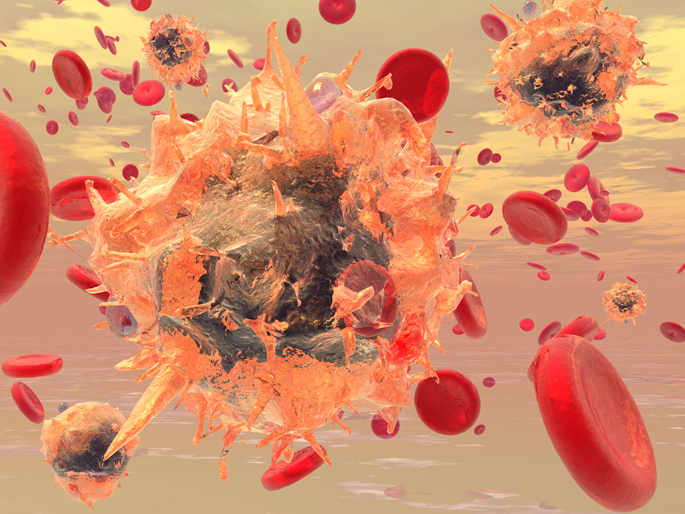
Immune response depends on force
New studies explain how T-cell receptors use force to recognize and protect us against pathogens. Read MoreJan 26, 2015
-
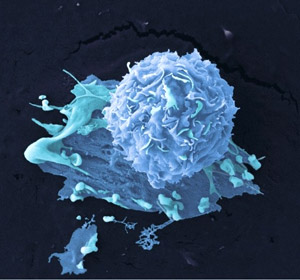
Enzyme affects tumor metastasis
A protein that degrades the “matrix” between cells participates in the development of lung metastases from primary breast cancer in mouse models and may be a good target for breast cancer treatment. Read MoreJan 8, 2015
-

Atrial disease and hypertension links
New findings suggest that misfolded proteins accumulate in the heart atria, particularly in patients with hypertension, and may contribute to atrial heart disease. Read MoreDec 18, 2014
-

Retinal neuron survival in glaucoma
Understanding how the protein TRPV1 helps neurons survive after glaucoma-related stressors could lead to new therapeutic strategies for glaucoma and other neurodegenerative conditions. Read MoreDec 16, 2014
-

New tools to probe manganese biology
Vanderbilt researchers have developed tools to probe the role of the essential metal manganese in neurons, and which offer a started point for developing therapeutic agents for manganese-related neurological disorders. Read MoreNov 26, 2014
-
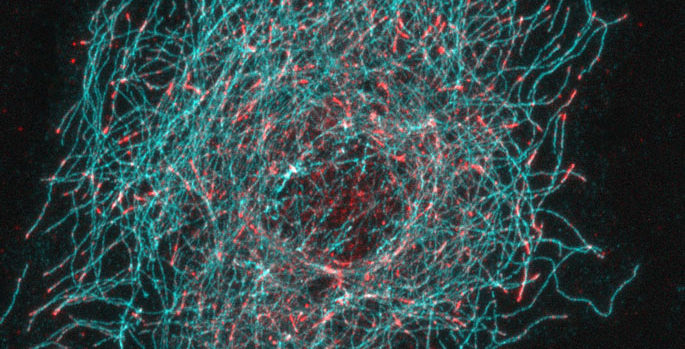
VU study reveals factor’s new role in cell division, migration
Vanderbilt University investigators have discovered a new molecular mechanism that regulates microtubule dynamics. The unexpected finding, reported in Developmental Cell, has implications for cancer drug discovery. Read MoreOct 30, 2014
-

Immune cells’ role in hypertension
Vanderbilt researchers have discovered that certain immune cells contribute to the development of hypertension, suggesting novel targets for treating the disease. Read MoreOct 24, 2014
-
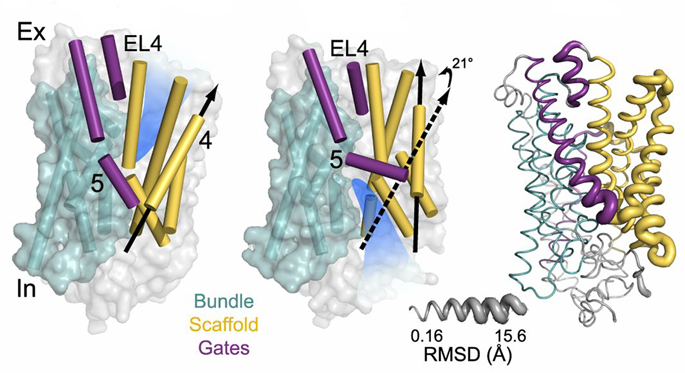
New view of transporter dynamics
New insights to the workings of a protein that moves neurotransmitters across the nerve cell membrane could aid the design of more effective antidepressants. Read MoreOct 23, 2014
-

Antibiotics, fetal vessel defect linked
Certain antibiotics increase the risk of a congenital heart disorder called patency of the ductus arteriosis. Read MoreOct 15, 2014
-

Neuronal culprit in genetic disease
A particular neuronal cell population is involved in the pathogenesis of a rare neurological disorder, Vanderbilt researchers have discovered. Read MoreOct 14, 2014
-

Biomarker for diabetic eye disease
A person’s mitochondrial gene “signature” could predict risk for diabetic retinopathy and guide early intervention strategies. Read MoreSep 26, 2014
-

Limiting breast cancer metastasis
Vanderbilt researchers have identified a new target for blocking breast cancer metastasis. Read MoreAug 28, 2014
-

New target for breast cancer therapy
The protein MTBP is overexpressed in an aggressive type of breast cancer, and it regulates another protein implicated in many cancer types, suggesting that it may be a good target for new therapeutics. Read MoreJul 31, 2014
-
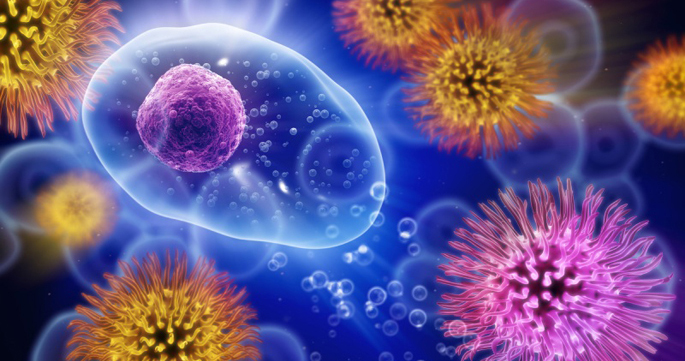
Natural killer cells don’t clear HMPV
Understanding how the immune system responds to the respiratory virus HMPV is crucial for developing vaccines and anti-viral treatments. Read MoreJul 23, 2014
-

Reversing stress-induced anxiety
Augmenting the signals of natural “endocannabinoids” in the brain may be a promising approach for treating mood and anxiety disorders. Read MoreJul 21, 2014
-

How ABC transporters move molecules
New views of how transporters move molecules across cell membranes are key to understanding how these proteins impact tumor cell drug resistance and inherited diseases such as cystic fibrosis. Read MoreJun 13, 2014
-

Respiratory virus vaccine candidate
Virus-like particles containing a protein from human metapneumovirus are a promising vaccine candidate for this respiratory virus. Read MoreMay 27, 2014